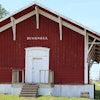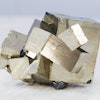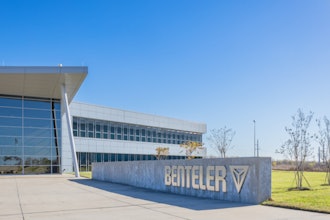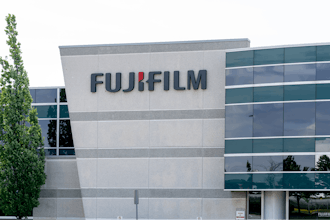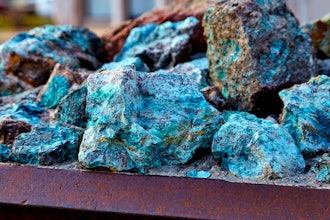Food safety is a major, legitimate issue, one that resonates tremendously with the public. Contaminated melons in this country and sprouts in Europe have produced numerous deaths and thousands of injuries.
The latest scare involves arsenic and apple juice. The most interesting aspect of this situation is how quickly unsupported allegations about food safety can go viral and destroy a brand that has spent decades developing its identity. The food industry has recently focused its attention on product recall insurance. However, the media can successfully attack a brand’s reputation whether or not the product is recalled, and indeed whether or not it actually poses a health threat.
The apple juice/arsenic controversy stems largely from a report by a high profile media doctor, Dr. Mehmet Oz. The FDA re-sampled the Oz samples, could not reproduce his results, and continued to state that apple juice is safe.
The Oz report creates numerous questions. There are two types of arsenic, organic and inorganic, and organic arsenic is considered largely innocuous. Reports that combine the totals for organic and inorganic arsenic without distinguishing between the two can be misleading. Moreover, the arsenic in apple juice is nobody’s “fault;” it results from trace amounts of arsenic in the soil as a result of the use of arsenic-based pesticides, which have been banned for the last 40 years. While testing has shown similar arsenic levels in grape juice and orange juice, the media’s attention is fixated on apple juice. Oz does not state whether a way to lower the arsenic level exists, or how much such a reduction would ultimately cost the consumer. Finally, most doctors who were interviewed commented that the real health hazard from apple juice is obesity.
Quorn is another example. MSNBC’s website had an article entitled “Sick’nd by Chik’n,” which discussed alleged allergic reactions to Quorn’s mycoprotein-based product, Naked Chik’n Cutlets. However, the FDA stated there was “no evidence that mycoprotein-containing products cause a heightened allergic risk or other food safety concern.”
The insurance industry has now developed a product that can help companies in this situation. For several years, the insurance industry has provided crisis management coverage as a component of certain policies, such as director’s and officer’s or cyber insurance coverage. If a defined crisis, such as a dramatic fall in the stock price, happens, the insured can have immediate access to both funds available to counter the reputational damage and also access to a panel of experts in the field.
The insurance industry has now begun to offer this crisis management coverage component as a stand-alone reputational coverage. Such coverage may not be necessary for a Fortune 500 company that has its own in-house public relations department to handle such a situation. However, the availability of both cash and expertise could be invaluable to a smaller company.
Any report of food-related illness can quickly garner national attention -- whether or not the report is true. Food companies have to consider the purchase of food recall insurance. They may now also want to investigate reputational insurance.


